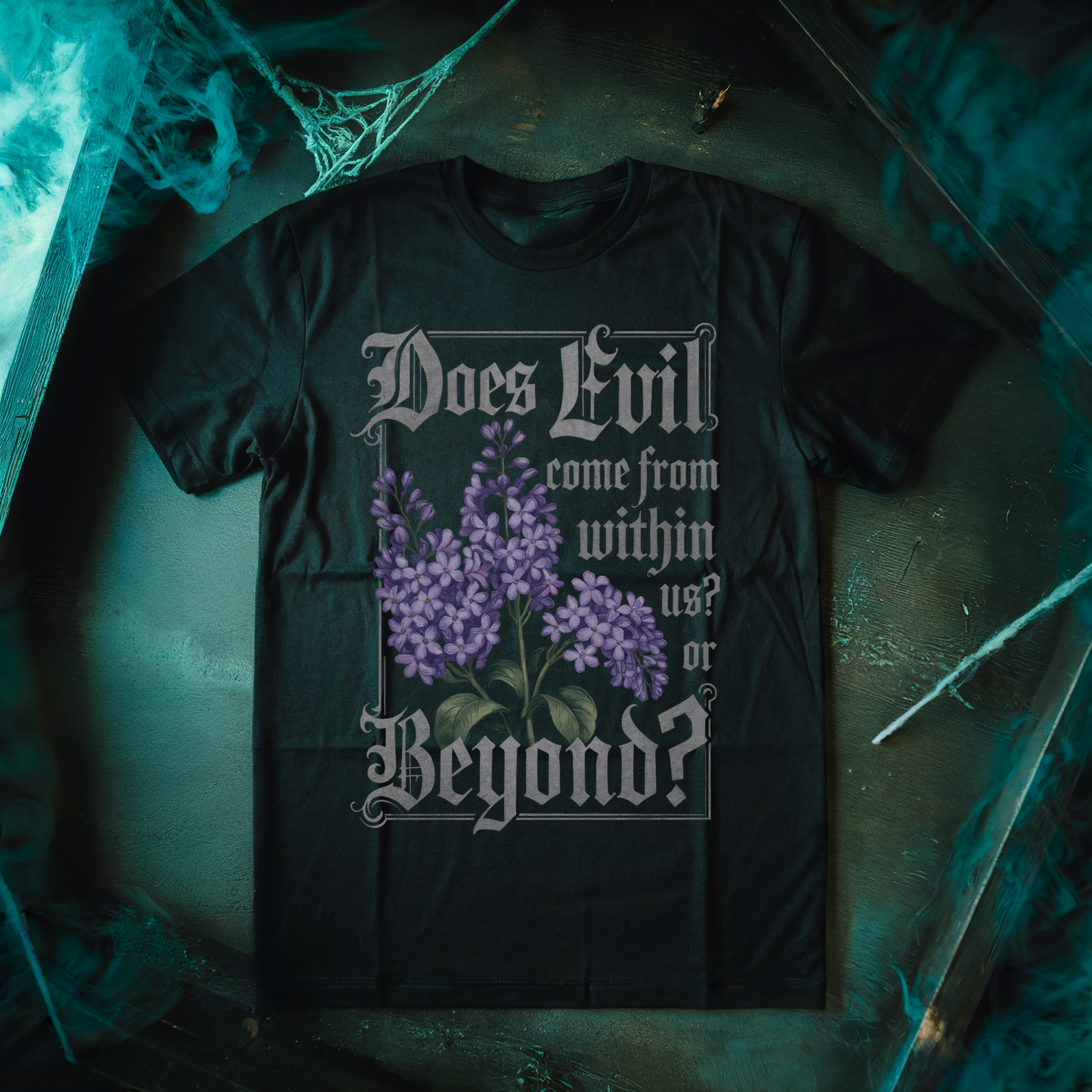Real estate and home ownership have fueled horror for as long as humans have told ghost stories. The dream of a home of one’s own, a comfortable and safe place to raise a family, has been central enough to humanity’s needs for so long, that it only makes sense that it could be a source of horror. After all, there is nothing more frightening than feeling unsafe where one should be the most secure.
Most home-based horror has expressed that fear in the form of the haunted house film. Model Home is something different. The debut film from director Patrick Cunningham just had its world premiere at the inaugural North Bend Film Festival. North Bend is famously known as the shooting location of Twin Peaks, and the festival celebrates genre film in the tradition of David Lynch.
“…a disturbing psychological horror that examines the ideal of home ownership and the American Dream, transforming it into a nightmare.”
Model Home proves to be a perfect match for this mission. It is a disturbing psychological horror that examines the ideal of home ownership and the American Dream, transforming it into a nightmare.
Model Home follows Camila (Monique Gabriela Curnen), a single mother struggling to support her young son, Jamie (Luke Ganalon). Their past living in a motel, while Camila struggles with her mental health, is slowly revealed through dreamlike flashbacks. But the pair’s luck seems to change when Camila lands a job as a live-in housekeeper for a model home. It’s a chance for the family to live in a luxurious property complete with a pool, rent-free. The only obligation? Decorate and maintain the home so it’s ready at all times for open houses.
It’s a dream that Camilla never thought she’d have access to, and it soon consumes her already fragile mental health. The isolation of the home, combined with the pressure to decorate it in a manner way beyond her financial means, pushes Camilla terrifyingly over the edge.
With its themes of isolation, resurgent mental illness, and danger to a family from within the family itself, Model Home is in many ways reminiscent of The Shining. But its themes of economic inequality and the draining evil of American consumerism calls to mind the similar horrors of the lesser known Burnt Offerings (1976).
Unlike those films, with their supernatural scares, Model Home’s horror remains squarely in the minds of its characters. This sets the film apart as a unique take on a “haunted” house film, while still delivering surreal, disturbing horror aplenty.
“[Model Home is] a new twist on an old genre, with a unique vision, pertinent social criticism, and powerful ideas.”
Cunningham has a knack for unnerving and unexpected visuals that keep viewers uneasy. Much of the film feels like a nightmare that is only slightly off from reality, with just enough of the uncanny to make your skin crawl. And when Camila slips completely into madness, Cunningham conjures gorgeously frightening images and shots that will get into your brain and stay there.
Even when everything seems fine, the cinematography tells us it clearly isn’t. I was particularly struck by how repeated shots of the desert surrounding the house creates a sense of isolation. There is something very surreal in the idea of a model home. It stands perfectly finished and perfectly alone, among a wasteland of undeveloped land. The isolation of the house brings to mind that of the Overlook Hotel, and it made me crave more horror set in undeveloped suburbia.
With its nightmarish images, surreal set design, incredible cinematography, and subtle satire, Model Home is very much in the tradition of David Lynch or early David Cronenberg. It has a bleak sense of humor too, with a biting critique of American materialism. The fact that Camila and her son are Latino adds an additional layer — examining the way in which people of color are excluded from the American Dream, and the destructive effects of that exclusion.
But therein lies the biggest shortcoming of the film. Very little time is spent getting to know Camilla and her son before events devolve into horror. Camilla becomes unhinged very quickly, giving us limited insight into how she got there. While flashbacks offer something of an explanation, a deeper focus on character development would have made the interesting themes of Model Home significantly more effective.
Despite this, the power of its unique visuals makes Model Home a success. It heralds a new talent in surreal cinema with Cunningham, a director to keep on eye on. It’s a new twist on an old genre, with a unique vision, pertinent social criticism, and powerful ideas. And while not traditionally frightening, it’s relentlessly disturbing and unnerving in a way that will haunt you. You won’t look at an open house or home and garden magazine the same way again.
Model Home celebrated its world premiere on August 25th at the 2018 North Bend Film Festival. Check out more of Nightmare on Film Street’s North Bend Film Fest Coverage here, and be sure to sound off with your thoughts over on Twitter and in our Facebook Group








